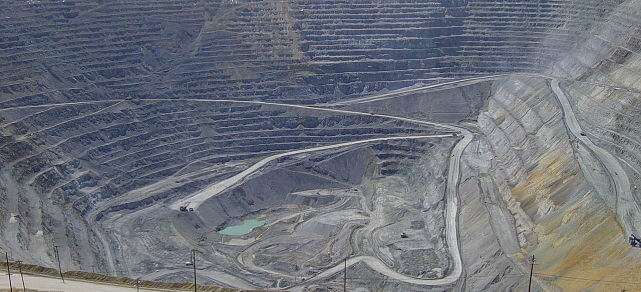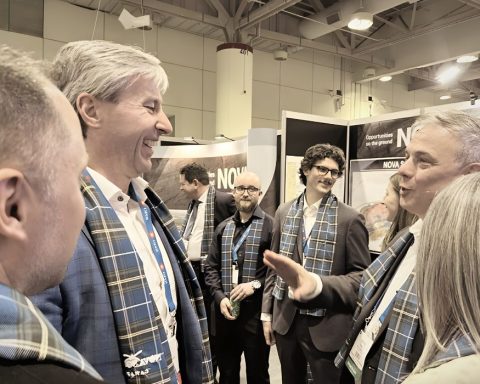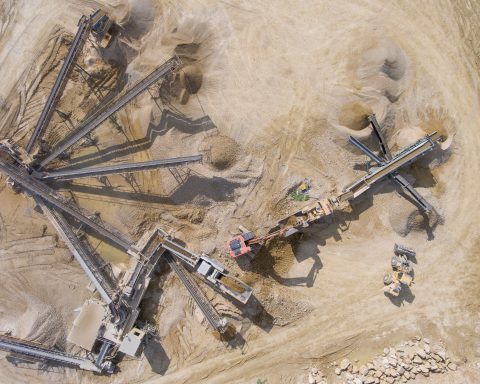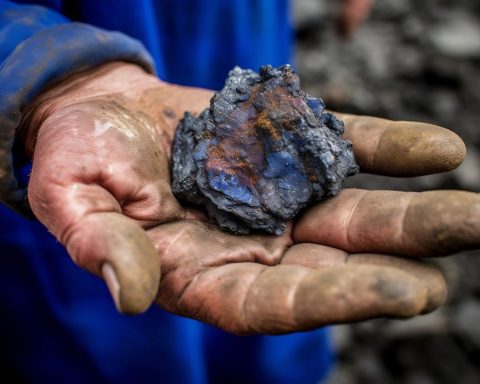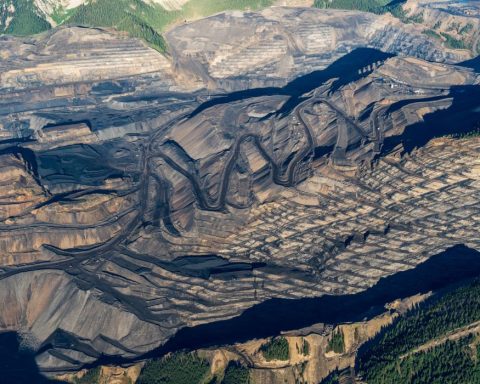Non-profits and companies are trying to put their differences aside to ensure that communities near oil, gas and mining projects benefit from ongoing operations.
“We are experts in mining, we are not experts in community development,” says Valerie Pascale, Manager, Corporate Social Responsibility at Goldcorp Inc. So, the company relies on organizations that have experience with development to help it resolve challenges, she said.
And since NGOs and extractive companies do not have a long history of working together, the Devonshire Initiative (DI) is hosting a discussion forum where non-governmental organizations and mining companies can smooth out their differences and make sure they are creating lasting benefits for communities.
Having a social license to operate, which means getting the support of a community to do business, is becoming increasingly important for successful mining operations, says Andrew Crane, director at the Centre of Excellence in Responsible Business at Schulich School of Business.
Unfortunately, getting a social license is not as straightforward as getting a legal license. “You may have met all the legal hurdles, but the community can pose all kinds of obstacles to mining operations,” said Crane.
Companies have adopted a number of strategies to try to address their social license problem, including showing citizens how much money they have paid host governments for access to their resources.
The Mining Association of Canada and the Prospectors and Developers Association of Canada (PDAC) teamed up with transparency organizations last January to write a set of recommendations that would make it mandatory for extractive companies listed on Canadian stock exchanges to disclose how much they pay governments for each of their projects.
As Corporate Knights reported earlier this week, the details of such a rule are hard to nail down, and companies are still trying to boost their reputations on the ground by working with NGOs on community projects.
But, Stephen Brown, a professor of political science at the University of Ottawa, says simple partnerships between companies and NGOs are not enough. When development programs are run separately from the mine’s day-to-day operations, the projects become incentives for the community to welcome the mining company, rather than a mechanism for real change because they do not improve the company’s business practices or respect local rights, he says.
Instead, a well thought out partnership with shared objectives is needed to have a positive impact, says Alanna Rondi, Executive Director of DI.
Part of DI’s mandate is to create a space where mining companies and NGOs can learn from past partnerships and anticipate challenges that might arise during the project, she says.
“There is a recognition that mining companies and NGOs working together is complex and it’s not the type of partnership you enter into lightly,” she adds.
“Mining folks tend to be engineers and science-oriented, and NGO folks tend to be people-oriented and those don’t always match in terms of conversation,” says Harry Kits, Senior Advisor, Corporate Engagement at World Vision. “So it’s important to be clear on the development outcome you are trying to achieve.”
While there is potential for the private sector to play a constructive role in development, its methods and practices are still in the experimental phase, says Kits.
“The key thing is to understand what the development outcomes are and try to ensure that the overall impact…is positive,” he says. “The first thing is the people you are trying to support.”


